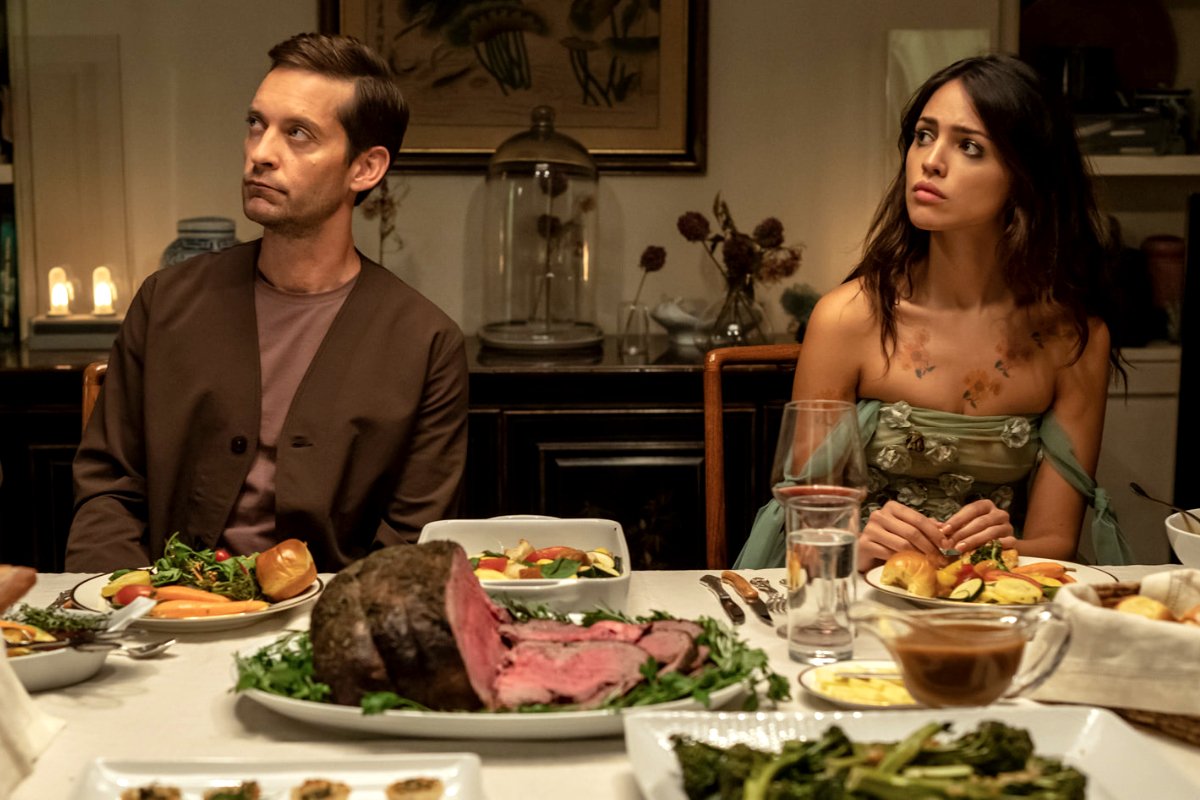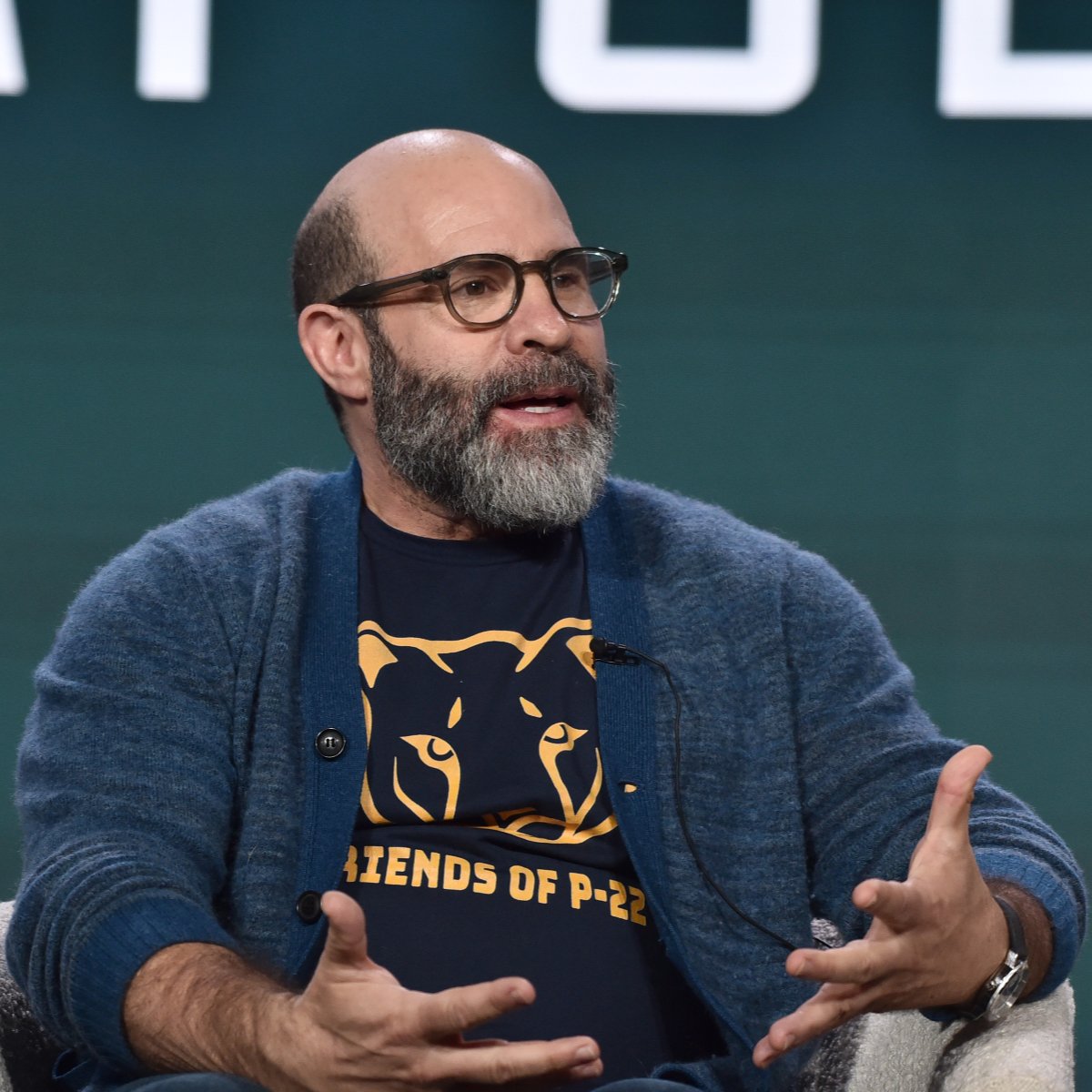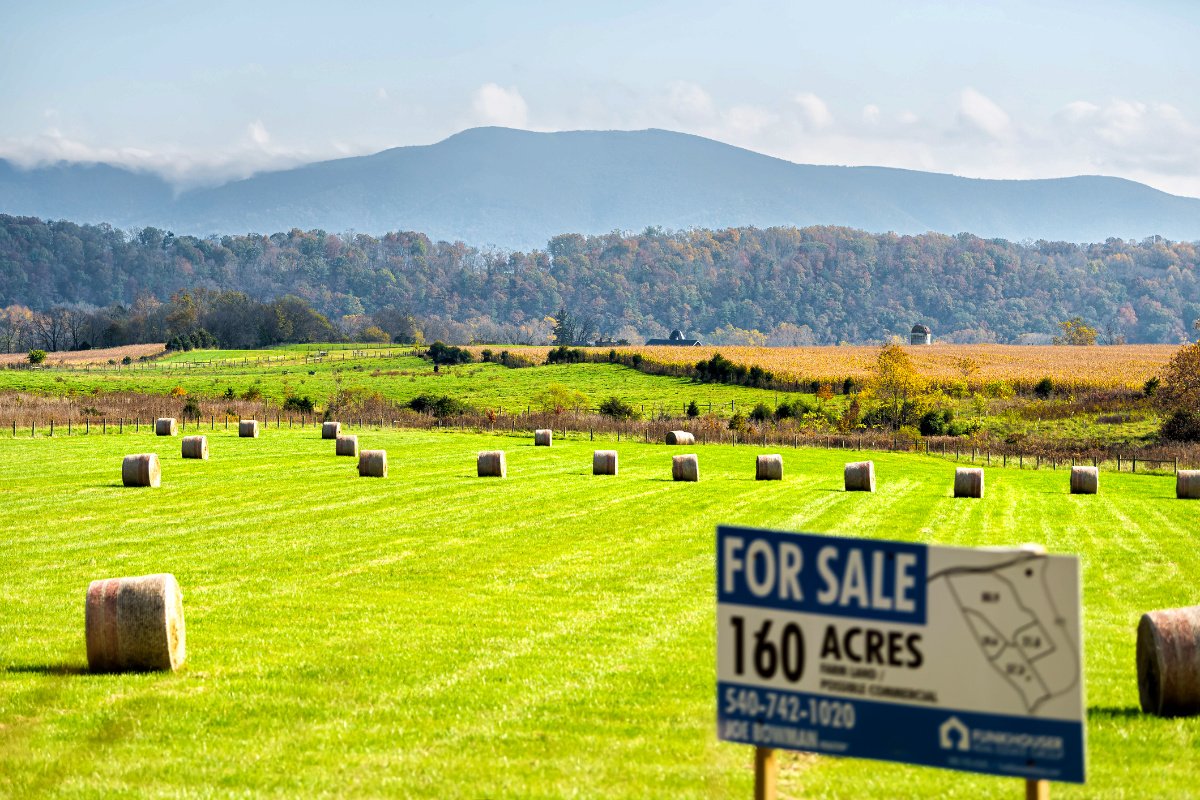Scott Z. Burns, the creator of the new series about life during climate change, discusses how his food and farming background shaped the show, which includes appearances by Sienna Miller, Meryl Streep, Ed Norton, and Tobey Maguire.

Scott Z. Burns, the creator of the new series about life during climate change, discusses how his food and farming background shaped the show, which includes appearances by Sienna Miller, Meryl Streep, Ed Norton, and Tobey Maguire.
April 20, 2023

Eiza González and Tobey Maguire in the New Year’s dinner episode of “Extrapolations.” (Photo courtesy of Apple)
The finale of the first season of Extrapolations, the scripted, star-studded Apple TV series on climate change is scheduled for tomorrow—the day before Earth Day. Its creator, Scott Z. Burns, is known for writing screenplays for hit movies such as Contagion and the Bourne Ultimatum and for his work producing An Inconvenient Truth, the 2006 film about former Vice President Al Gore’s campaign to educate people about climate change.
Food and agriculture themes appear throughout Extrapolations’ eight episodes, which take place over a 33-year timeline. There’s an espionage-thriller style seed heist in the fifth installment. In a world where the climate conditions force everyone to eat mostly kelp, the final episode centers around a New Year’s Eve dinner where the hosts splurge for real food by spending six months of accrued carbon credits. For those who have followed Burns’ career, the continuing presence of farming and food issues won’t be surprising.
“I do think a lot about humanity’s relationship to food and the inequity we have right now in terms to nutrition.”
Burns was born and raised in Minnesota and worked in advertising—including on the creative team behind the iconic Got Milk? campaign—before entering the film world. He was also the screenwriter behind The Informant!, a dramatic account of the Archer Daniels Midland animal feed additive price-fixing scandal that starred Matt Damon and shed light on many of the complex machinations behind Big Agriculture.
Civil Eats spoke to Burns recently about the new show, the possibility that he will tell more farming-related stories on film, and his read on our collective food future.
Before we jump into the food and ag discussion, do you want to talk about how people have responded to Extrapolations?

Scott Z. Burns during a promotional panel for “Extrapolations” on Apple TV+. (Photo by Alberto E. Rodriguez/Getty Images)
Every week, as the show goes on, there’s a different level of response. What’s cool now is people are saying, “Wow, I’m seeing the overall plan here and this is a pretty big story.” It makes me feel really gratified that people are tracking that because that’s how we designed it.
Are you trying to incorporate food and ag themes or events into your writing?
You can tell the story of civilization by talking about when we started lining up rows of the same plant and engaging in monoculture. I do think a lot about humanity’s relationship to food and the inequity we have right now in terms to nutrition. And in regard to climate change, agriculture is the second largest contributor after transportation. There’s also science that suggests that food is getting progressively less nutritious as the climate changes.
You based The Informant! on journalist Kurt Eichenwald’s book. What attracted you to the project?
I first heard about it on This American Life. That the story revolved around food additives and the industrialization of food was part of the allure, but it also had this amazing character in Mark Whitacre at the center.
From biofuel credit crimes to crop insurance fraud to organic fraud, agriculture can be very fertile ground for storytelling. Do you have plans to explore it further in your work?
Maybe I will now (laughs). I don’t have a great deal of awareness around those issues, but those all sound completely possible and even likely. Even to things as fundamental as the issue of climate change. It’s great if Walmart wants to carry organics, but does that mean you have to lessen the requirements [behind] organic [certification] in order to sell the product?
What is Extrapolations trying to tell us about the future of farming and food on a hotter planet?
Our vision in the future was that if you’re caught growing corn or some other crop with a copyrighted seed and haven’t secured the proper license, you could be in trouble. And I think more of that is going to happen as plants have to become more drought tolerant and more companies will get involved in the genetic engineering of seeds. The idea was that, in the future, because of cloud seeding, the organic seeds stored in the Svalbard Global Seed Vault would once again be viable [in areas that were stricken with drought]. And because they are organic seeds, they would be in direct competition with companies trying to keep market share.
Was that an actual side of roast beef on the table in the final New Year’s Eve dinner episode? In 2068?
Yes. Our thinking was that there would either be certain farms where you could own a share of animal and they may have traded their carbon credits for a part. Or in time, we’ll be able to synthesize meat in a lab that will look, feel, and taste just like an animal that lived in a field on all four legs, which might be a great thing if we could stop slaughtering animals for food.
You grew up in Minnesota and have a working knowledge of commodity agriculture. How do you tell stories that might bring farmers in the Corn Belt into the narrative?
I think people in the Midwest are great problem-solvers—that’s one of the things winter teaches you. There’s a problem that farmers in this country are going to face very soon, which is: What do you do when heat kills off part of your crop and what do you do when drought kills off another part of your crop? Or when there are tornadoes wreaking havoc on your house, your equipment, and your crops?
To me, it’s getting people to accept the simple fact that climate change is happening and that [talking about it is] not on an assault on a certain way of life. We have to let go of practices that aren’t going to work as the climate changes. Plants require the world to be a certain way, and sadly it no longer is that way.
This interview was lightly edited for length and clarity.

October 9, 2024
In this week’s Field Report, MAHA lands on Capitol Hill, climate-friendly farm funding, and more.
October 2, 2024

October 2, 2024

October 1, 2024

September 24, 2024

September 18, 2024

Like the story?
Join the conversation.